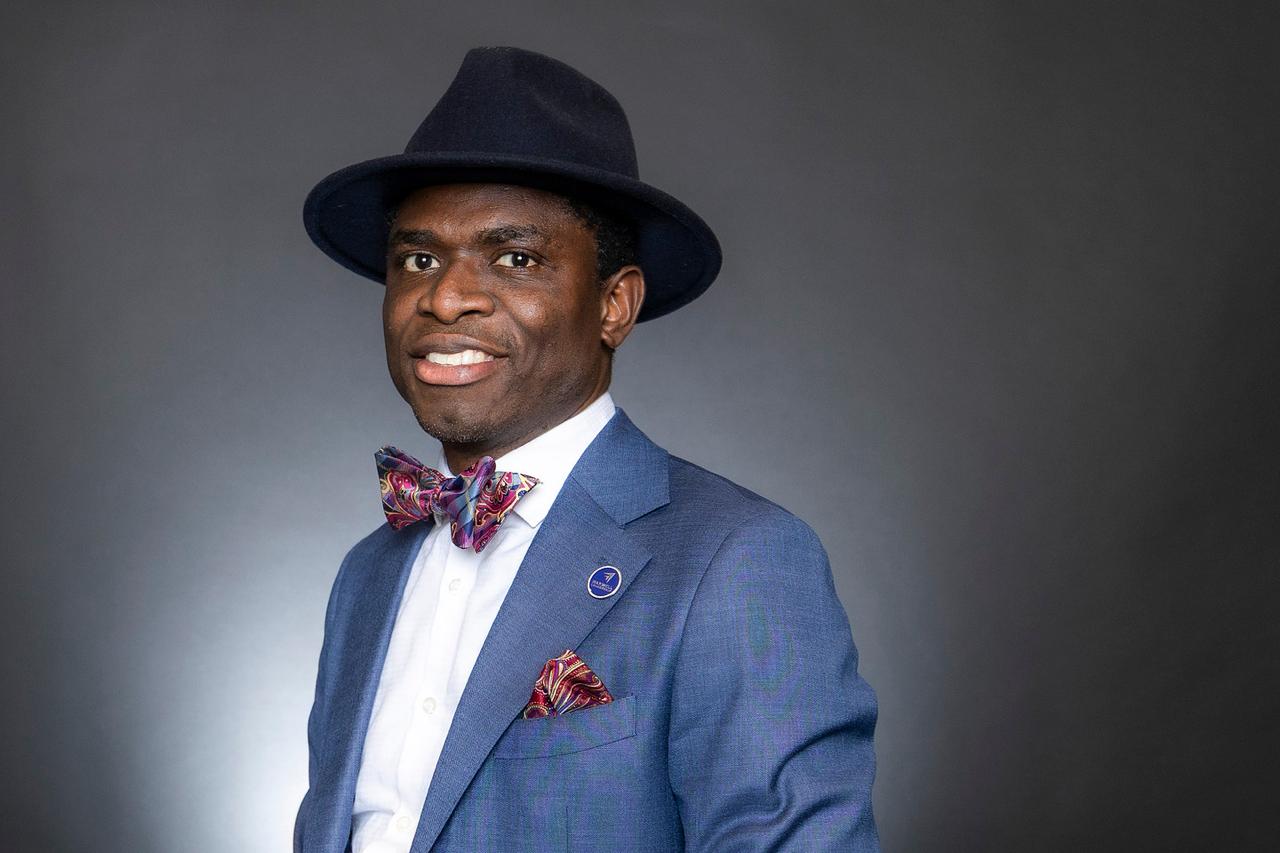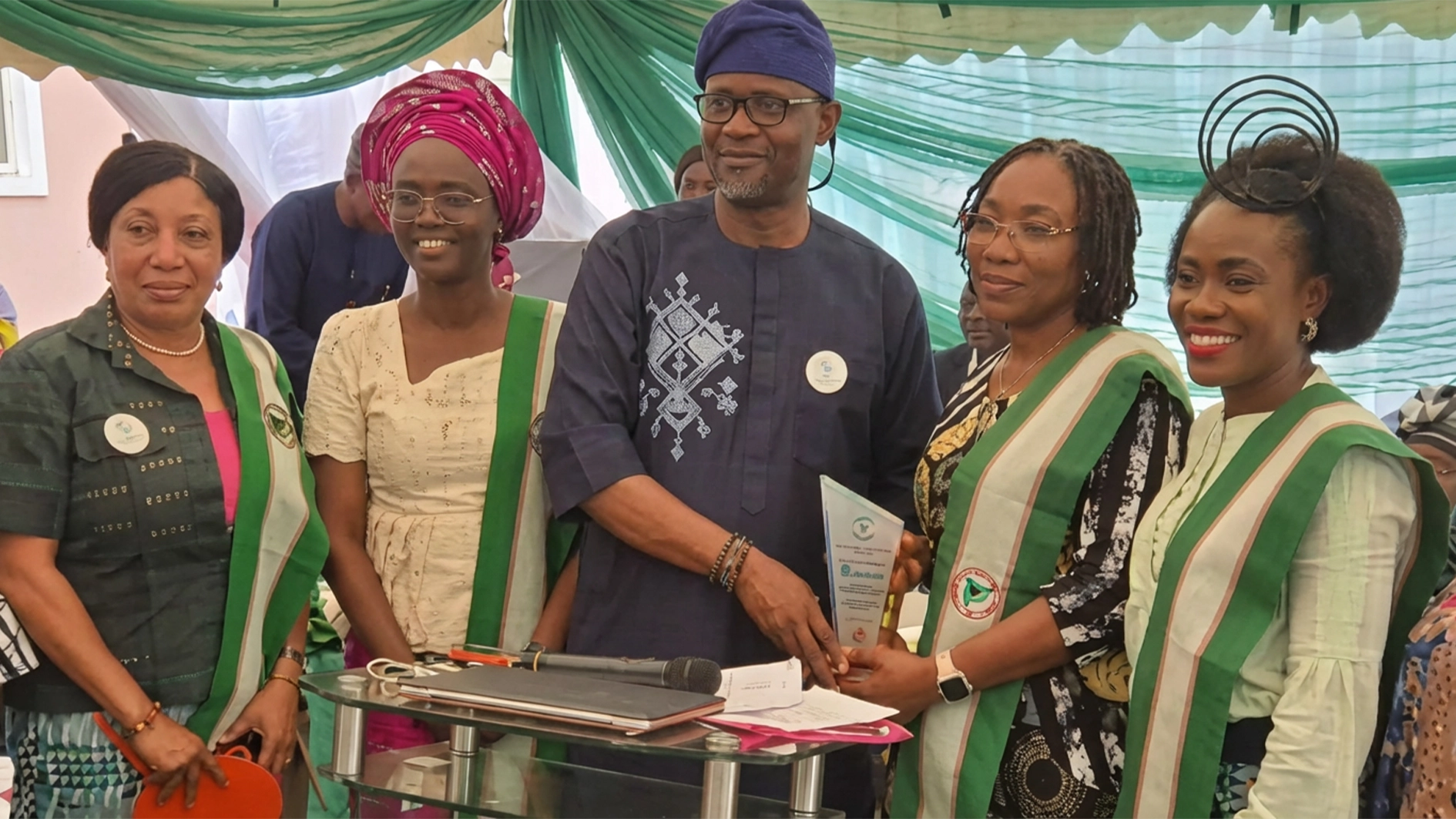Health experts have raised the alarm on the upsurge in anxiety and stress disorder among Nigerian women. They said that one in five women have been found to have mental health disorders, while women appear to be disproportionately affected by mental health conditions such as depression and anxiety disorders.
The Consultant Psychiatrist, Dr Motunrayo Oyelohunnu, who spoke at the opening of Olive Prime Aventurine, a women-only medical health and drug rehabilitation service centre in Abuja, said that about 9.6 to 69.3 per cent of correlated disorders are found in women.
She noted that nature already puts women at risk because of their hormones, especially estrogen, and progesterone. “When women are menstruating, they become more irritable. They have mental health issues because their hormones fluctuate, which makes them more vulnerable emotionally.
“In pregnancy, women’s hormones are raging and when she delivers, the hormones again become destabilised. Also, when menopause comes, the hormones make them more vulnerable to emotional issues.”
Oyelohunnu stated that gender-based violence and trauma, sexual abuse, domestic violence, intimate partner violence, conflict and displacement affect women disproportionately and these put women at high risk of developing emotional issues.
She emphasised that taking care of women’s mental health and emotional well-being would improve their resilience, adding that their emotional and mental well-being should be prioritised.
Also speaking, the Chairperson of Intersect Consortium, Ammuna Ali, said issues surrounding mental health and substance use among women have been shrouded in silence, stigma and neglect.
She said for decades, mental health and addiction treatment in Nigeria, like in many other countries in the world, has often failed to consider the unique social, psychological and cultural realities faced by women.
Ali observed that the burden borne by women, whether due to trauma, violence, socio-economic pressure or cultural expectations, often goes unseen and untreated.
She described the facility as the beginning of a transformative movement that recognises, validates and prioritises the mental and emotional well-being of Nigerian women. “This centre is more than bricks and mortar. It is a haven, a place of hope for women, where women can reclaim their stories and recover their strength. It stands as a testament to what is possible when compassion meets purpose.”
She stated that the centre stands as a bold, ambitious response to a deeply rooted need for safe, compassionate, gender-sensitive care in mental health, and substance use recovery and declaration that women’s mental and emotional well-being matters, that their healing is possible and that their voices will no longer be unheard.
In his remarks, the Director-General of the National Drug Law Enforcement Agency (NDLEA), Brigadier General Buba Marwa (rtd), observed that Nigeria has witnessed a sudden rise in substance use cutting across all segments of the population, including women and called for an integrated approach to dealing with challenges of substance use and mental health in the country.
Marwa, who was represented by the Deputy Director, Drug Demand Reduction Department, Muhammed Ibrahim, revealed that many women involved in drugs were facing stigma, gender-based violence, discrimination, and trauma, as well as threat of social exclusion, and fears of family separation. He stressed the need to assist women battling with drug-related health challenges.
He observed that the opening of the centre was a significant milestone designed to address the dual challenge of mental health and substance use disorder, particularly among the female folk.
Marwa said setting up the rehabilitation centre had sent a strong message that the challenges and needs of women suffering from substance use disorder and mental health will no longer be overlooked.
Earlier, the Managing Director, Olive Prime Adventurine, Dr Vincent Udenze, explained that the establishment of the facility was borne out of a desire to provide specialist care for women facing mental health challenges resulting from depression and substance use, as well as fill a long-standing gap in healthcare and social support systems.
He stated that the centre will not only provide clinical services but will also serve as a symbol of hope and possibility, showing that recovery is real and that transformation is possible.






